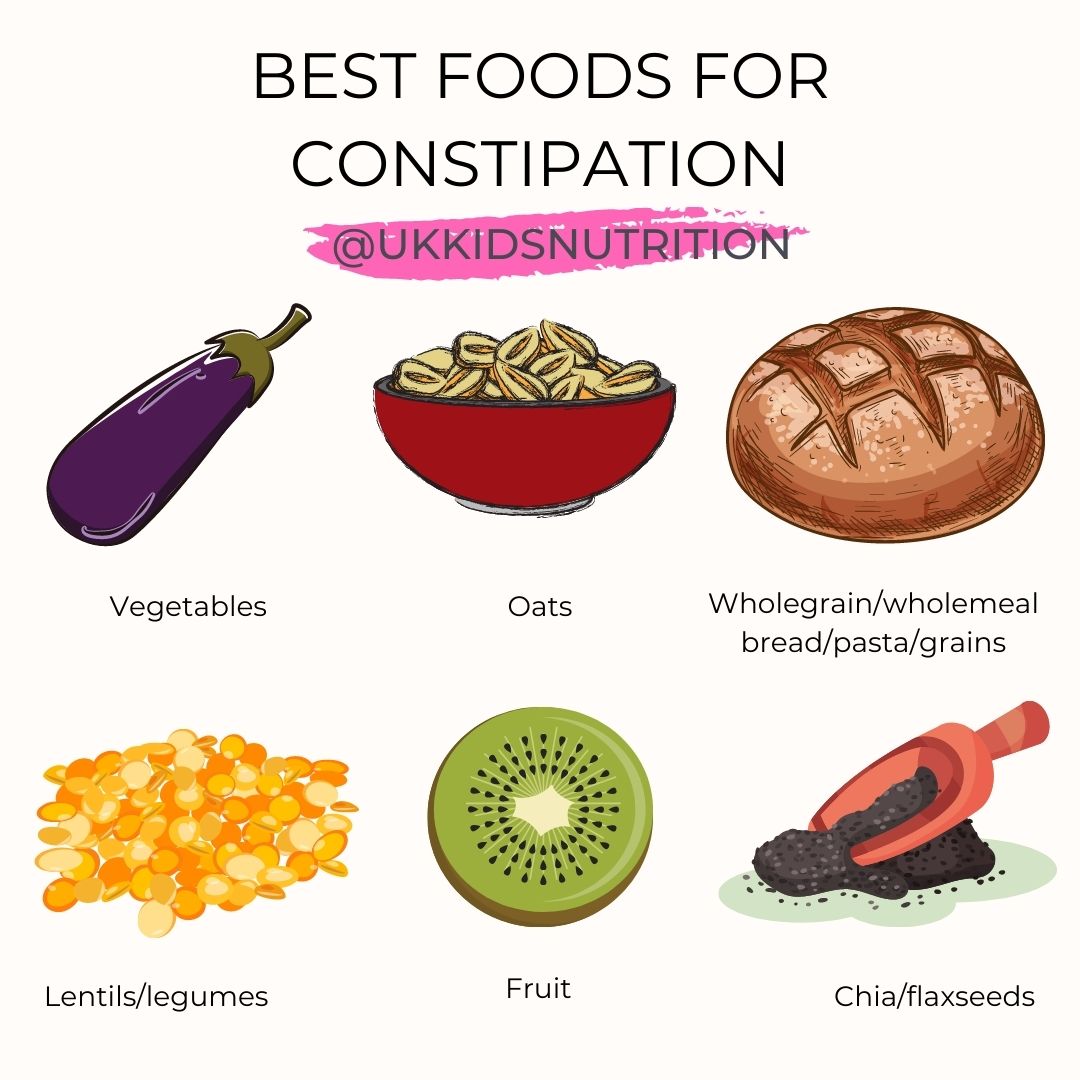Stunning Info About How To Prevent Infant Constipation
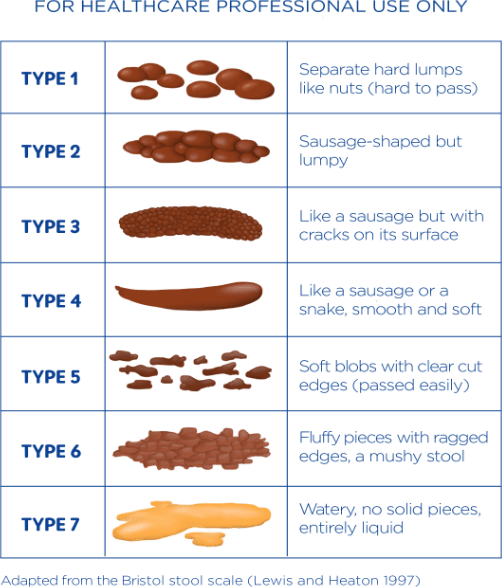
Constipation is common in childhood, particularly when children are being potty trained at around 2 to 3 years old.
How to prevent infant constipation. Home care for constipation in babies. These may include dehydration, changes in diet, medications, and various health issues. To help prevent constipation in children:
Consider switching to oatmeal or barley cereal if your baby show signs of constipation. Don't use mineral oil, stimulant laxatives or. What should you do if your baby is constipated?
What’s normal and what’s not? If possible, take your child for a walk or run. This is usually introduced at about a year.
However, glycerin suppositories are only meant for occasional use. How to help your constipated baby. How to prevent baby constipation.
Stop the juice if their stools become too loose. Ease up on toilet training. Some babies with constipation may cry or have trouble sleeping.
If you suspect that toilet training. Make firm but gentle circular. When do you need to contact your child’s pediatrician?
Treating your baby's constipation. A diet rich in fiber can help your child's body form soft, bulky stool. Give your baby a warm bath to relax their bowel.
Sometimes children don't want to stop playing to go to the. Holding back their stools may be their way of taking control. Regular physical activity can encourage bowel movements.
If they are old enough to eat baby foods, feed them pureed pears, peaches, or prunes instead of giving them juice. Constipation can be painful for babies and stressful for caregivers. If your child is straining while making a bowel movement, this may be a sign of constipation.
If your baby is struggling, it's been a few days since his or her last bowel movement, and dietary changes haven't been effective, it might help to place an infant glycerin suppository into your baby's anus. Sometimes, however, babies are not really constipated, but just have their own way of pooping.answering the following questions will help you understand more. Holding on further hardens the poo, and makes the next bowel movement even more painful.


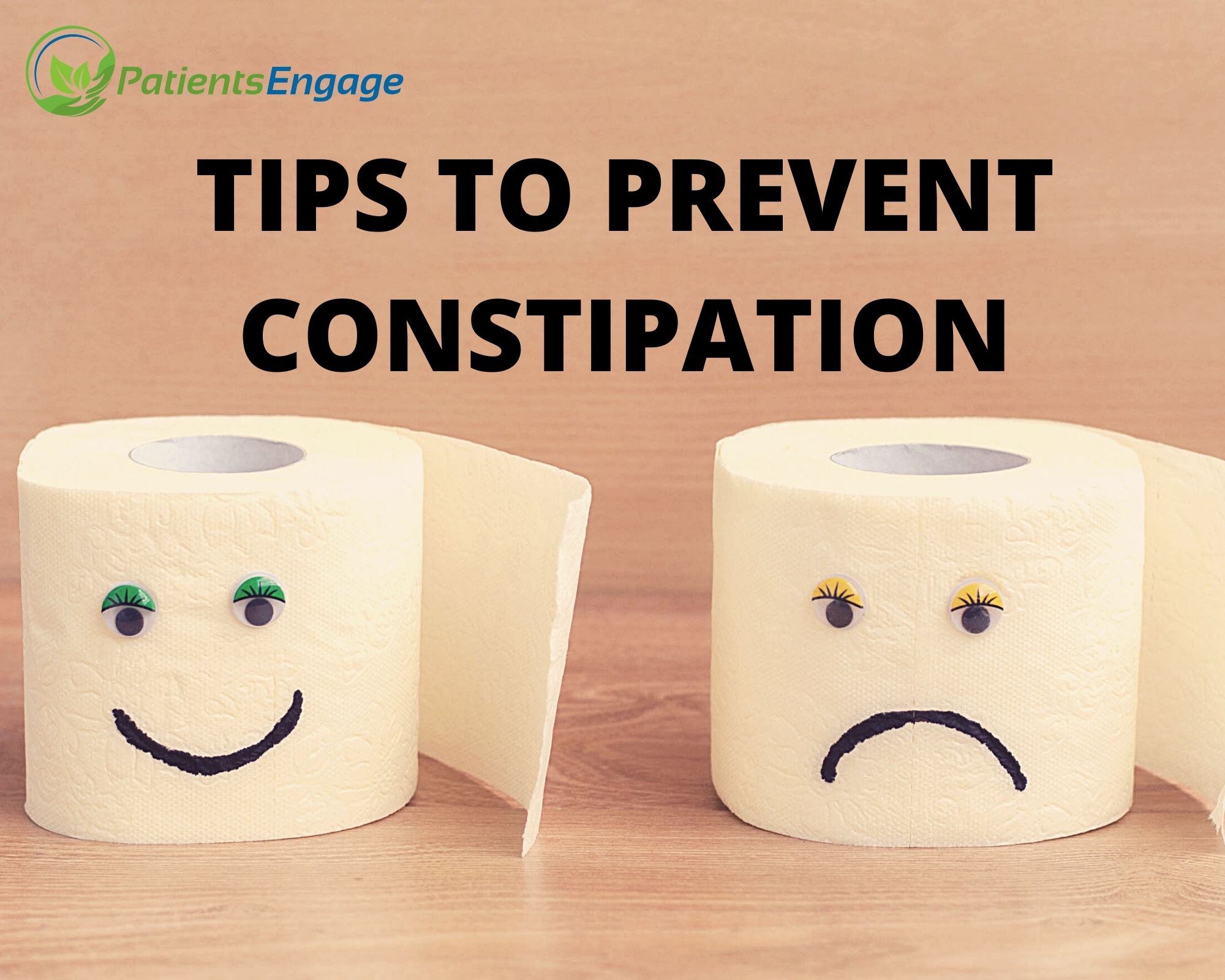



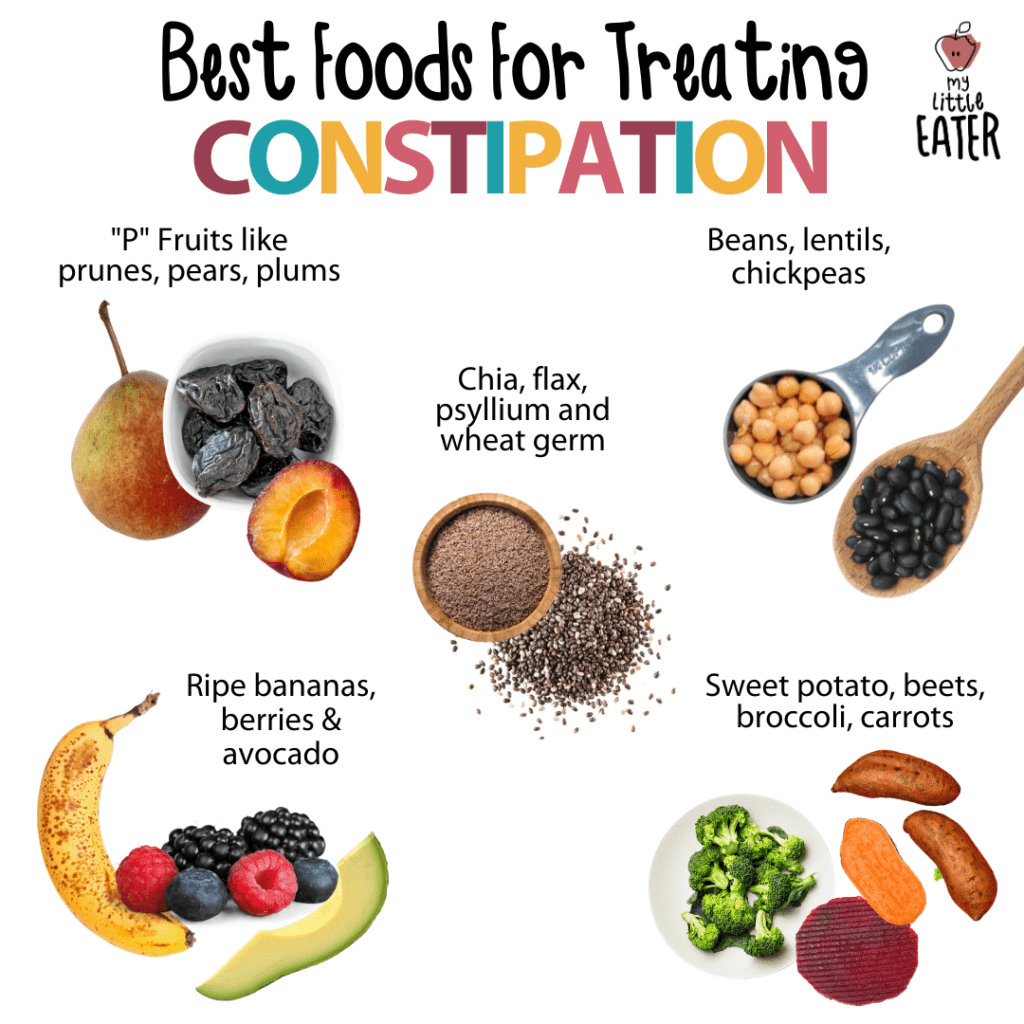
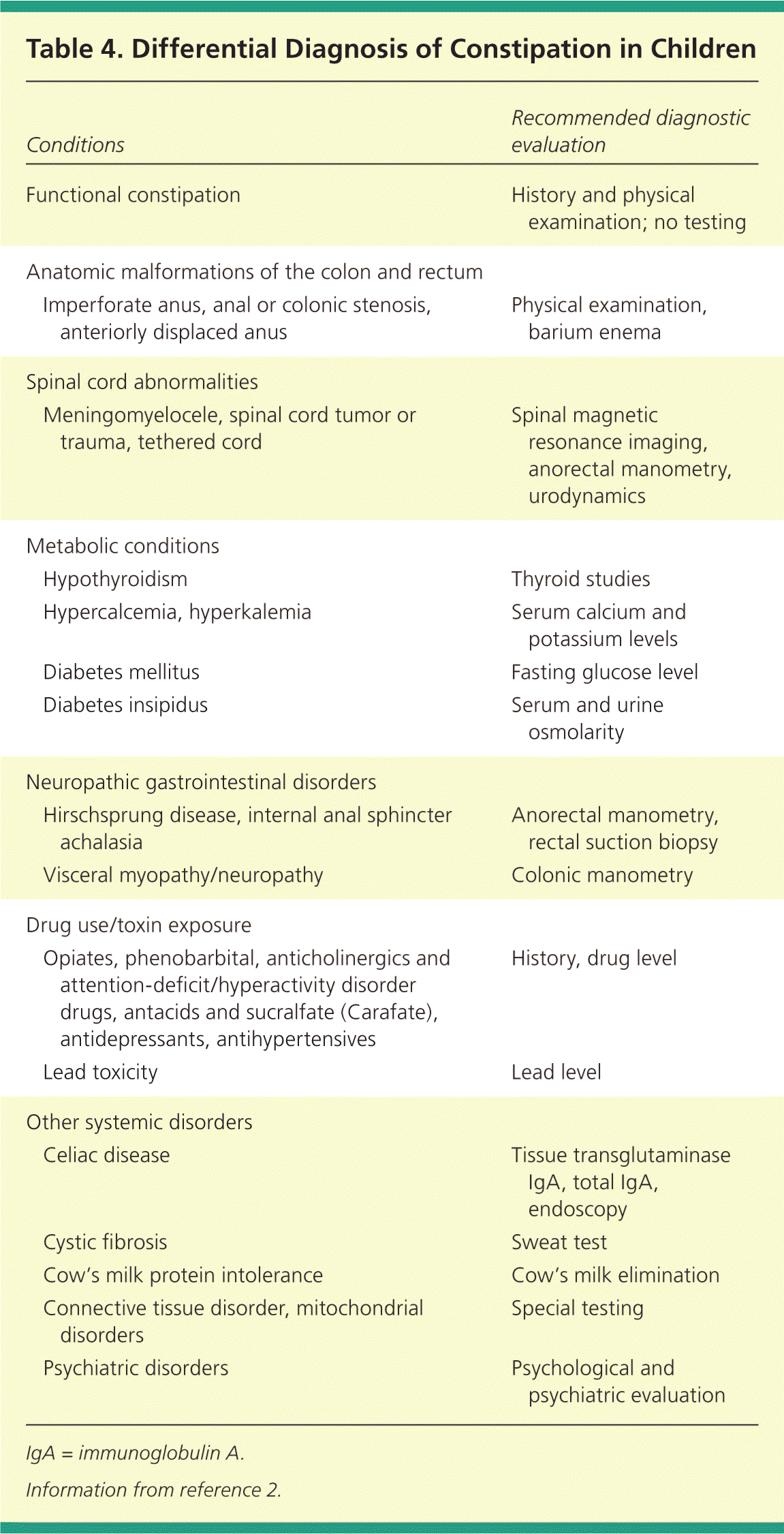





![How To Get Rid Of Constipation At Home [25 Home Remedies] Top 20](https://top20remedies.com/wp-content/uploads/2018/05/Untitled-design-3-1068x1115.png)


